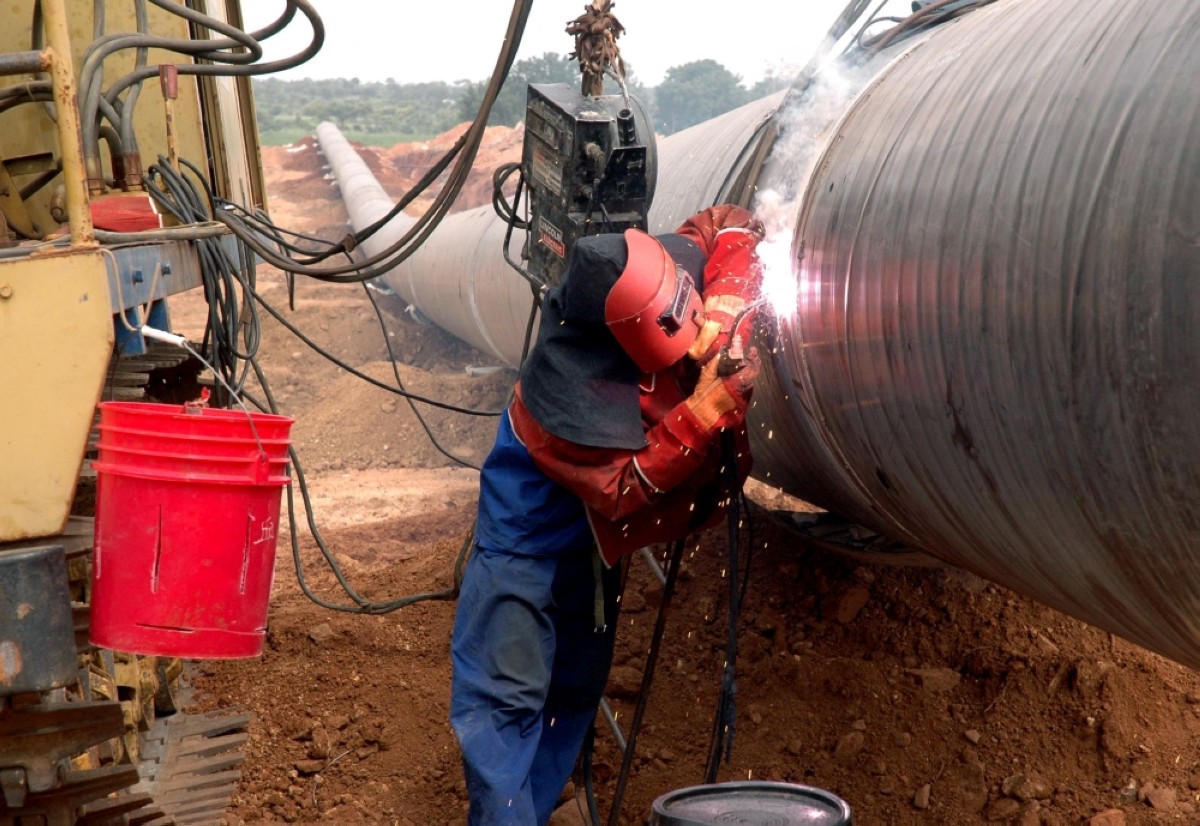Moody’s downgrades outlook on China credit rating over debt fears
BEIJING: Ratings agency Moody’s on Tuesday downgraded the outlook on China’s credit rating to “negative” from “stable” on the back of rising debt in the world’s second-largest economy.

China’s post-pandemic recovery has been hampered by weak consumer and business confidence, a persistent housing crisis, record youth unemployment and a global slowdown that is weighing on demand for the country’s goods.
Those woes have piled pressure on central and local governments to step in with more financial support following a one trillion yuan ($137 billion) sovereign bond issuance by Beijing in October.
Moody’s said Tuesday its decision “reflects rising evidence that financial support will be provided by the government and wider public sector to financially stressed regional and local governments and state-owned enterprises”. This, it said, was “posing broad downside risks to China’s fiscal, economic and institutional strength”. The move “reflects the increased risks related to structurally and persistently lower medium-term economic growth and the ongoing downsizing of the property sector”, it added.
China’s vast property sector is mired in a deep debt crisis, with some of the nation’s biggest developers owing hundreds of billions of dollars and facing going out of business. Authorities are on edge as debt fears stoke buyer mistrust, send home prices plummeting and, crucially, threaten to infect other sectors in an already sluggish economy.
Construction and real estate account for around a quarter of China’s gross domestic product. Beijing’s finance ministry said in response it was “disappointed with Moody’s decision”. “Since the beginning of this year, facing a complex and severe international situation and against the backdrop of unstable global economic recovery and weakening momentum, China’s macro economy has continued to recover,” a spokesperson said.
“Moody’s concerns about China’s economic growth prospects and fiscal sustainability are unnecessary.” After a tough year for the world’s number-two economy, there have been flickers of life in recent weeks, with third-quarter growth coming in more than expected at 4.9 percent.
China is aiming for around five percent growth this year—from a low base last year when the economy was paralyzed by strict COVID restrictions. Moody’s said Tuesday it expected the economy to grow 4.0 percent next year and 2025, “with structural factors including weaker demographics driving a decline in potential growth to around 3.5 percent by 2030”. “Substantial and coordinated reforms will be needed for consumption and higher value-added production to drive growth” to offset the diminished role of the property sector, it added.
Meanwhile, European Union member states won’t tolerate their growing trade imbalance with China forever, EU chief Ursula von der Leyen warned Tuesday, ahead of a key summit. “We have tools to protect our market,” von der Leyen told an AFP reporter in an interview for the European Newsroom, while adding: “But we prefer to have negotiated solutions.”
Von der Leyen, the president of the European Commission, and Charles Michel, who chairs the European Council, will be in Beijing on Thursday for an EU-China summit. It will be the first in-person summit between the Brussels chiefs and Chinese President Xi Jinping and Premier Li Qiang since 2019, and focus on trade and the wars in Ukraine and the Middle East.
On the economy, von der Leyen stressed that Europe was not trying to “de-couple” itself from the Chinese powerhouse, but to “de-risk” ties that had become too one-sided. “We have seen a growing trade imbalance. The trade imbalance has doubled in the last two years to up to almost 400 billion euros by now,” she said. “European leaders will not tolerate over time an imbalance in the trade relationship. We have tools to protect our market,” she continued, in the ENR interview. “But we prefer to have negotiated solutions. And these are the choices that, for example, now are on the table and where I think it is also in China’s interest to look carefully at these choices.” –AFP.











